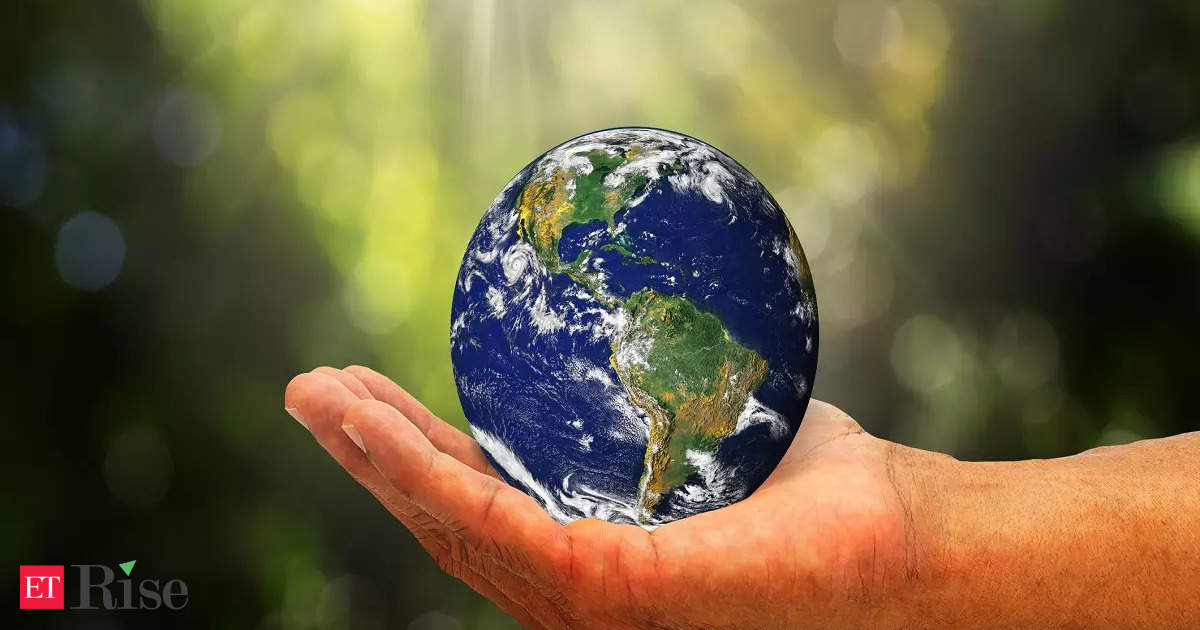In a new report, the United Nations has warned that goals set out in the 2015 Paris climate agreement, which aimed to keep global temperature rise below 1.5 degrees Celsius above pre-industrial levels, appear to be slipping away, with disastrous consequences.
The multi-agency report “United in Science”, coordinated by the UN World Meteorological Organization, highlighted that greenhouse gas Concentrations have reached record levels, which will drive temperature increases in the future.
“The science is clear: we are far from meeting global climate goals,” WMO chief Celeste Saulo told reporters in Geneva.
If current policies remain unchanged, the report warned, there is now a two-thirds chance that global warming will reach 3°C this century.
Saulo said 2023 was already the warmest year on record “by a huge margin” and the first eight months of this year had followed the same trend. “We are sounding the red alert for the planet,” he said. At the same time, Saulo stressed that “there is hope.”
“We have to have hope for the sake of future generations.”
Released ahead of the United Nations Future Summit in New York this weekend, the report highlighted advances in natural and social sciences and technological innovations.
“They could be game changers for climate change adaptation, disaster risk reduction and sustainable development,” Saulo insisted.
AI and machine learning in particular could be “transformative technologies,” the report notes, suggesting they could “revolutionize weather forecasting and equip society with better tools to respond and adapt to climate change.”
Technologies that are rapidly improving the ability to process large amounts of data could make specialized weather modeling faster, cheaper and more accessible, enabling a “paradigm shift in the prediction of extreme and dangerous weather events,” he said.
The report also highlighted major advances in Earth observations from space, which have “opened new frontiers” in understanding weather, climate, water and environmental patterns.
Satellite technologies, for example, enable extreme weather forecasts in hard-to-reach regions and in places where ground-based observations are lacking.
The WMO acknowledged that new technologies can also be detrimental to climate action, for example due to their significant energy consumption.
Saulo called on countries to “establish controls so that these developments are for the benefit of the global community and avoid negative impacts.”
Disclaimer:
The information contained in this post is for general information purposes only. We make no representations or warranties of any kind, express or implied, about the completeness, accuracy, reliability, suitability or availability with respect to the website or the information, products, services, or related graphics contained on the post for any purpose.
We respect the intellectual property rights of content creators. If you are the owner of any material featured on our website and have concerns about its use, please contact us. We are committed to addressing any copyright issues promptly and will remove any material within 2 days of receiving a request from the rightful owner.

